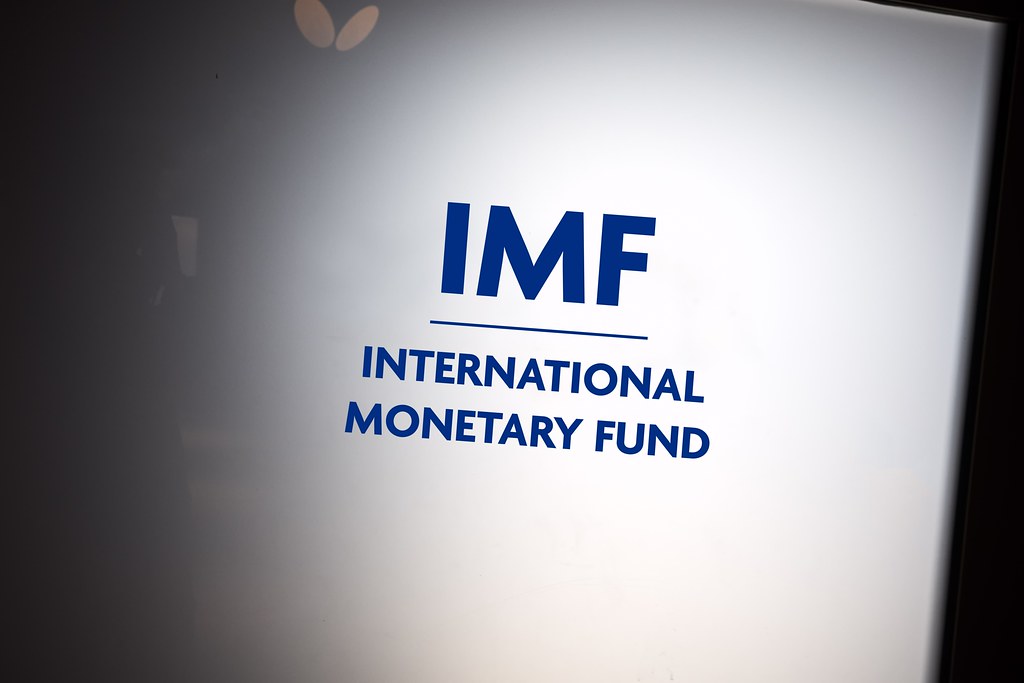Staff members at the International Monetary Fund (IMF) have released a detailed guide aimed at policymakers and banking institutions on accelerating the adoption of central bank digital currencies (CBDCs) worldwide. The guide, titled “Central Bank Digital Currency Adoption Inclusive Strategies for Intermediaries and Users,” was published on September 21 and introduces a strategic framework called REDI—Regulation, Education, Design, and Incentives. This framework is designed to support the widespread uptake of CBDCs by addressing key operational and strategic aspects.
The REDI framework proposed by the IMF encompasses four main pillars crucial for the effective adoption of CBDCs:
- Regulation: This segment suggests that policymakers explore and implement regulatory and legislative measures that foster a conducive environment for CBDC integration into financial systems.
- Education: Emphasizes the importance of developing robust communication strategies to enhance public awareness and understanding of CBDCs. It recommends that central banks serve as the primary communication hubs to disseminate accurate and clear information regarding digital currencies.
- Design: Highlights the need to tailor CBDC systems to meet the specific requirements of different user groups, ensuring accessibility and usability. The framework also suggests building a broad network of intermediaries to facilitate efficient distribution and utilization of CBDCs.
- Incentives: Advocates for the introduction of both monetary and non-monetary incentives to encourage CBDC adoption among the general populace and merchants. These could include subsidies for setup costs, reductions in transaction fees, and tax incentives.
Policy and Design Choices
According to the IMF staff, the success of CBDCs hinges on proactive strategic policy and design decisions that directly benefit both end-users and intermediaries. The paper underscores the necessity of ongoing stakeholder engagement to align the interests and expectations of all parties involved in the CBDC ecosystem.
The document also calls for further dialogue on several critical policy issues that remain unresolved, such as ensuring the sustainability and integrity of CBDC systems and balancing widespread adoption with financial stability. These discussions are essential to address potential risks and optimize the benefits of introducing digital currencies.
Environmental Impact of Cryptocurrencies
In a related note, the paper references a recommendation from August by two IMF executives who proposed increasing global crypto-mining electricity costs by up to 85% through taxation. This measure aims to mitigate the environmental impact of crypto-mining by aligning it with global carbon emission reduction targets. According to Shafik Hebous, Deputy Division Chief at the IMF Fiscal Affairs Department, and Nate Vernon-Lin, a climate policy division economist, a tax rate of $0.047 per kilowatt-hour could incentivize the crypto mining industry to significantly curb its emissions.
The introduction of the REDI framework by the IMF marks a significant step towards establishing a cohesive, global approach to integrating CBDCs into financial systems. By addressing regulatory, educational, design, and incentive-related challenges, the framework aims to facilitate a smoother transition to digital currencies, aligning with broader economic and financial goals. As countries continue to explore and develop their CBDC initiatives, the insights and strategies outlined in the IMF’s guide could prove invaluable in navigating the complexities of this rapidly evolving digital landscape.










